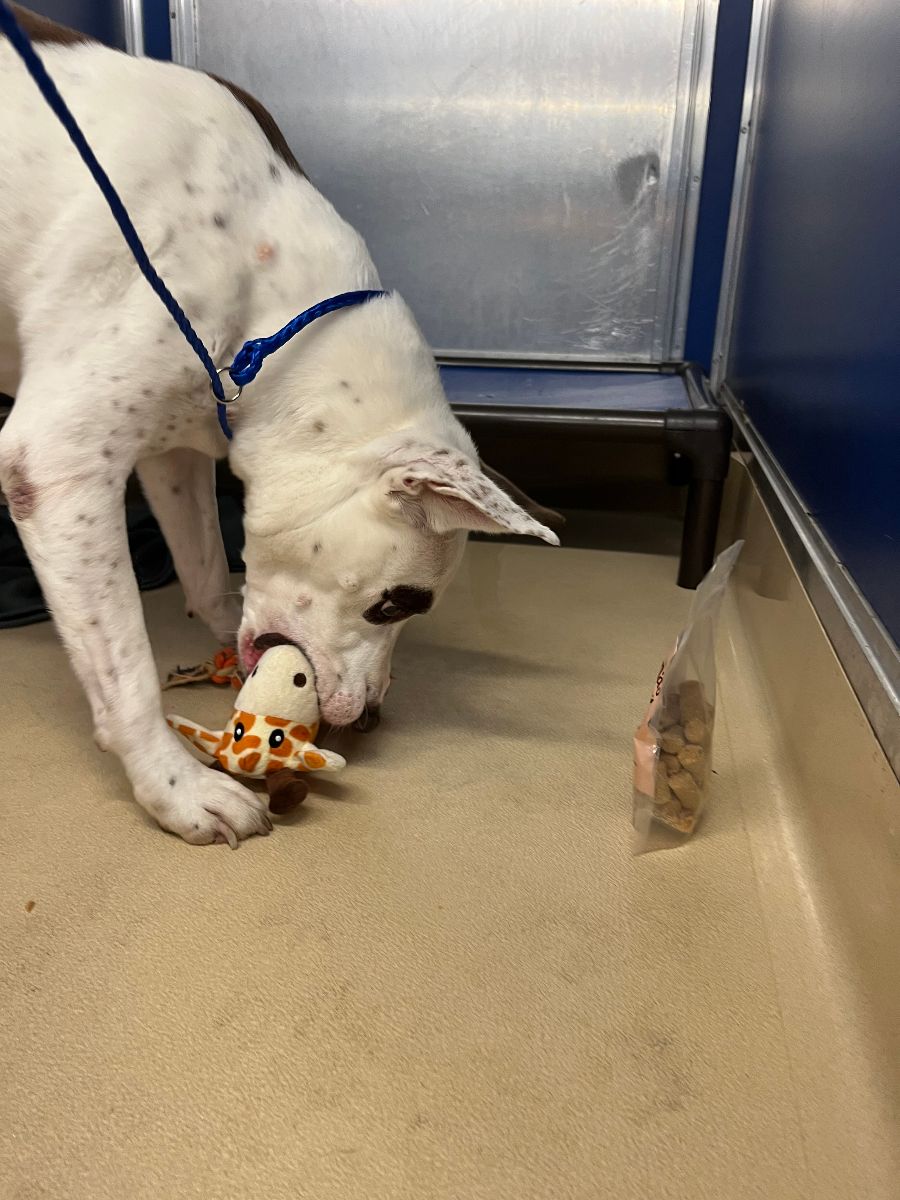Can Dogs Eat Sardines? Is your pup eyeing your plate of sardines and wondering if it’s safe to share? The short answer is yes, dogs can eat sardines – but with a few important considerations. If you’re considering adding this tasty, nutrient-packed fish to your dog’s diet, there are several benefits to keep in mind. But there are also a few caveats that you’ll want to know about before diving in.
In this article, we’ll explore the benefits of sardines for dogs, how to safely incorporate them into their meals, and any potential risks. By the end, you’ll be well-equipped to make the best decision for your dog. Plus, we’ll answer some common questions dog owners have about sardines.
Key Takeaways:
- Sardines are rich in omega-3 fatty acids, which support your dog’s coat, skin, and overall health.
- They’re a great source of protein and can help with weight management when fed in moderation.
- Dogs can benefit from the anti-inflammatory properties in sardines.
- Avoid feeding sardines with added salt or oil, as these can be harmful.
- Start with small portions to gauge how your dog reacts, especially if they have sensitive stomachs.
1. Sardines Are Packed with Nutrients That Dogs Need
You’ve probably heard that sardines are a superfood for humans, but did you know they’re great for dogs too? Sardines are a fantastic source of protein, healthy fats, and a variety of vitamins and minerals that support your dog’s overall health.
Why it’s beneficial:
- Omega-3 fatty acids: Sardines are loaded with omega-3s, which help reduce inflammation, improve coat health, and promote brain function. If you have a senior dog or one with joint issues, omega-3s can offer relief by reducing inflammation.
- Vitamin D and B12: These vitamins are essential for bone health, energy production, and immune system function. They’re especially important for dogs with deficiencies in these nutrients.
- Calcium and phosphorus: Sardines contain a healthy dose of these minerals, which are essential for maintaining strong bones and teeth.
For example, if you’ve got a senior dog who’s slowing down a bit, a few sardines a week could boost their mobility and coat condition (which tends to show signs of aging).
2. Sardines Can Improve Your Dog’s Coat and Skin
Does your dog have dry, flaky skin or a dull coat? Sardines might be just what they need to turn things around. The omega-3 fatty acids found in sardines are key to promoting healthy skin and a shiny coat.
How it works:
The omega-3s in sardines help combat dry skin and improve moisture retention. They can also reduce itching and inflammation associated with common skin conditions, like allergies or dermatitis. You might notice that after adding sardines to your dog’s diet, their coat becomes shinier and softer.
Keep in mind: Sardines alone won’t solve every skin problem, but they’re a great addition to a balanced diet that supports overall skin health.
3. They’re a Protein Powerhouse for Active Dogs
Sardines are a protein-packed treat that’s perfect for dogs who need extra energy, whether they’re working dogs, athletes, or just very active. Protein is essential for muscle maintenance, repair, and growth.
How it helps:
- Sardines provide high-quality protein that helps build and repair tissues, making them ideal for dogs who exercise regularly.
- They are also easier to digest than some other animal proteins, like beef or chicken, which can be great for dogs with sensitive stomachs.
If your dog spends a lot of time running, playing, or hiking with you, sardines can give them the protein boost they need to stay strong and healthy. Plus, they make a tasty snack that might even motivate your dog to keep up with all the fun.
4. They Can Support Joint Health and Reduce Inflammation
If your dog struggles with joint pain or inflammation, sardines could be a natural remedy. The omega-3s in sardines have powerful anti-inflammatory properties that can help ease joint stiffness and reduce discomfort.
How it helps:
- Omega-3s, like those found in sardines, can reduce joint inflammation in dogs, making it easier for them to move around, especially if they’re older or have conditions like arthritis.
- They also support the production of lubricating fluids in the joints, which can improve mobility.
Pro tip: For older dogs or dogs with joint pain, combining sardines with other joint supplements like glucosamine might offer even greater benefits. Just make sure to consult your vet before starting any new treatments.
5. Sardines Can Be a Healthy, Low-Calorie Treat
Sardines are a great low-calorie snack for dogs who need to manage their weight. Unlike high-fat meats or processed treats, sardines offer a lean, nutrient-rich option that can be fed as an occasional treat or meal addition.
Why it’s a great option:
Sardines are naturally low in calories while still being packed with healthy fats and protein. This makes them a perfect snack for dogs who need to shed a few pounds or maintain a healthy weight. Plus, they’re very satisfying, so your dog will feel full without overeating.
However, keep in mind that moderation is key – even healthy treats can contribute to weight gain if fed in excessive amounts. A couple of sardines a week is plenty for most dogs, but always adjust according to your dog’s size and activity level.
Practical Advice for Feeding Sardines to Your Dog
Now that you know the benefits of sardines, let’s go over some practical tips for adding them to your dog’s diet. Whether you want to feed sardines as a treat or include them as a regular part of their meals, here’s how to do it safely.
- Choose Fresh or Canned Sardines in Water (No Added Salt or Oil)
Always opt for sardines that are packed in water with no added salt, oil, or spices. Canned sardines in oil or with added flavorings can upset your dog’s stomach or cause health issues like high blood pressure or obesity. Fresh sardines are a great option if available, but always check that they’re fresh and free from any harmful preservatives. - Start Slow and Watch for Allergies
If it’s your dog’s first time eating sardines, start with a small portion (a couple of sardines at most) and monitor their reaction. While most dogs will tolerate sardines well, some may have food sensitivities or allergies. Watch for any signs of upset stomach, like vomiting, diarrhea, or excessive gas. - Remove the Bones (If Needed)
Sardines have tiny bones that are usually soft and easy to digest. However, if your dog has a tendency to swallow food whole or if you’re concerned about choking, you can remove the bones to be extra cautious. In most cases, though, the bones are fine and won’t harm your dog. - Mix Them with Regular Food
If your dog isn’t a fan of sardines on their own, try mixing them with their regular food. You can mash them up or add them as a topper to their kibble. This is a great way to introduce sardines into their diet without causing any fuss. - Keep an Eye on Portion Sizes
While sardines are healthy, they should still be fed in moderation. Too many sardines could lead to an imbalance in your dog’s diet. For small dogs, one sardine a week is plenty. For larger dogs, you might give them up to two, but always factor in the calories from sardines when considering their overall diet.
Final Thoughts
Sardines can be a nutritious and tasty addition to your dog’s diet. They offer a wealth of health benefits, from improving your dog’s coat to supporting joint health. Just make sure to feed them in moderation, choose the right kind (no added oil or salt), and monitor your dog’s reaction to ensure they’re a good fit for your pup. If you follow these simple guidelines, you’ll be able to share the joy of sardines with your furry friend without any worries!
FAQs.
Are sardines safe for all dogs?
Yes, sardines are generally safe for dogs in moderation, but some dogs may have food sensitivities or allergies. It’s always best to introduce new foods slowly and monitor for any adverse reactions.
Can I feed my dog sardines every day?
While sardines are healthy, they should be fed in moderation. Aim for one or two sardines per week, depending on your dog’s size and activity level.
Do sardines help with dogs’ joints?
Yes, sardines are rich in omega-3 fatty acids, which can help reduce inflammation and improve joint health, especially for senior dogs or those with arthritis.
Can sardines make my dog’s coat shinier?
Yes! The omega-3s in sardines can improve your dog’s coat, making it shinier and softer while also helping with skin health.
Should I feed my dog sardines in oil?
No, it’s best to avoid sardines packed in oil, as the excess fat and added preservatives can upset your dog’s stomach. Choose sardines packed in water with no added salt or oil.
Can I feed my dog sardines from a can?
Yes, canned sardines are fine as long as they’re packed in water and not oil or brine. Always check the label to avoid added salt or flavorings.
Are sardines good for dogs with sensitive stomachs?
Sardines are generally easy to digest and may be a good option for dogs with sensitive stomachs. Just start with a small portion and monitor for any reactions.
Can I feed my dog frozen sardines?
Yes, frozen sardines can be a healthy treat. Just make sure to thaw them properly before feeding, and avoid adding any seasoning or oils.


















 English (US) ·
English (US) ·